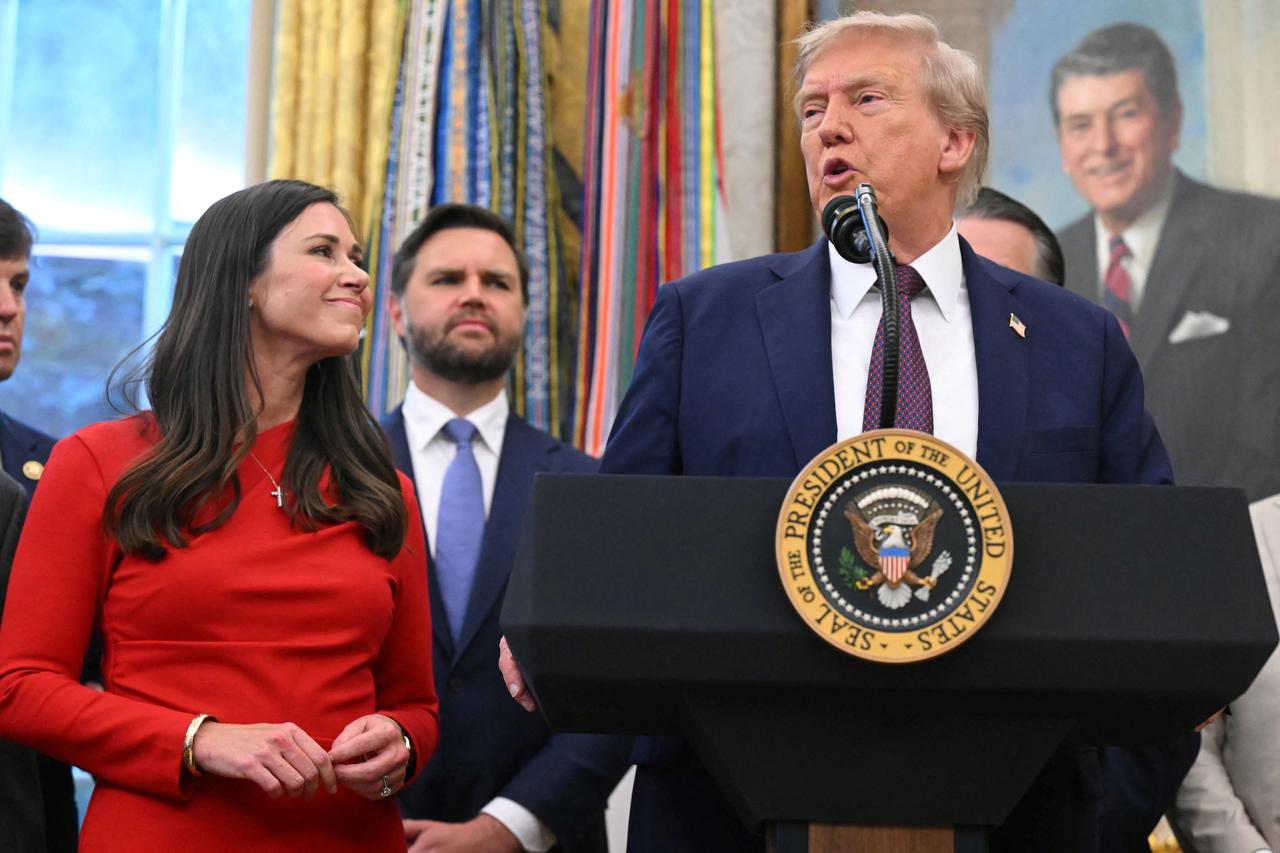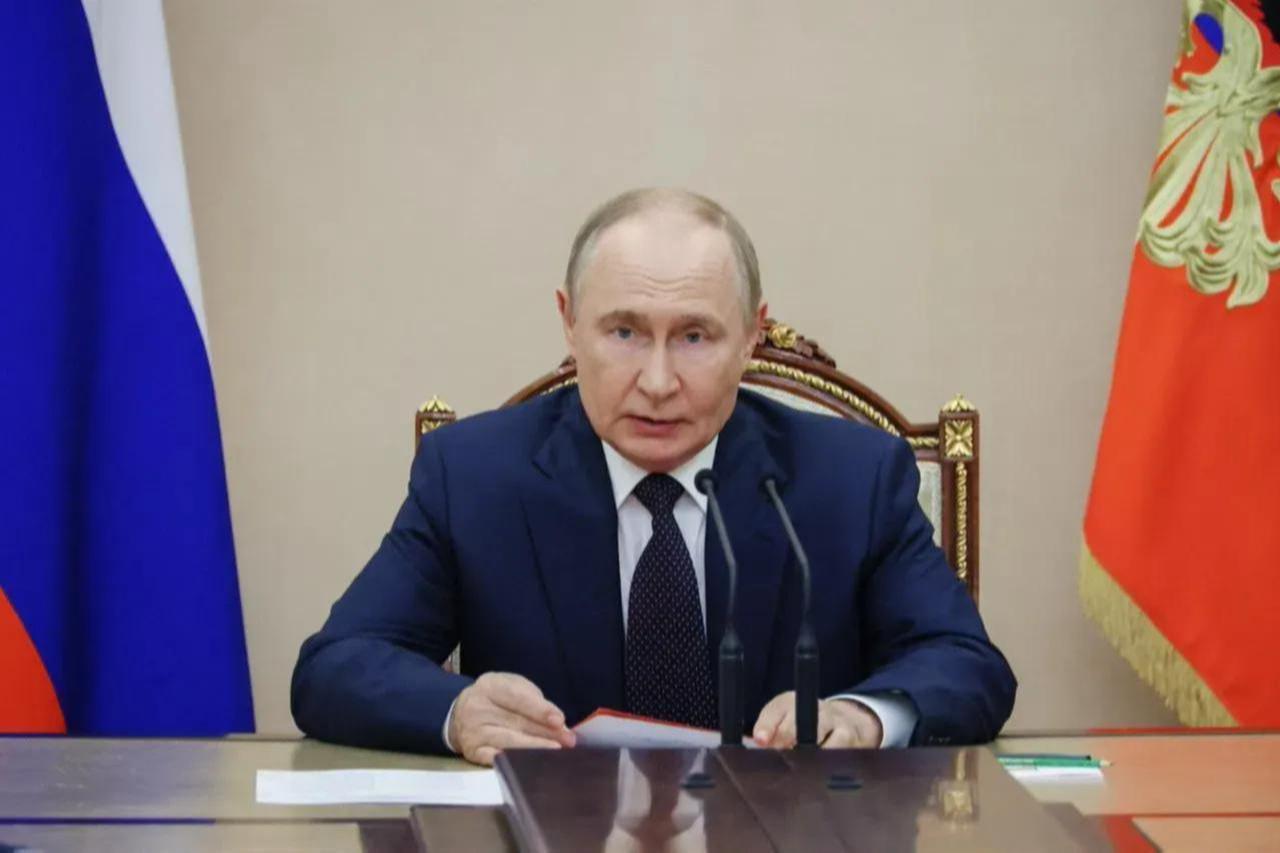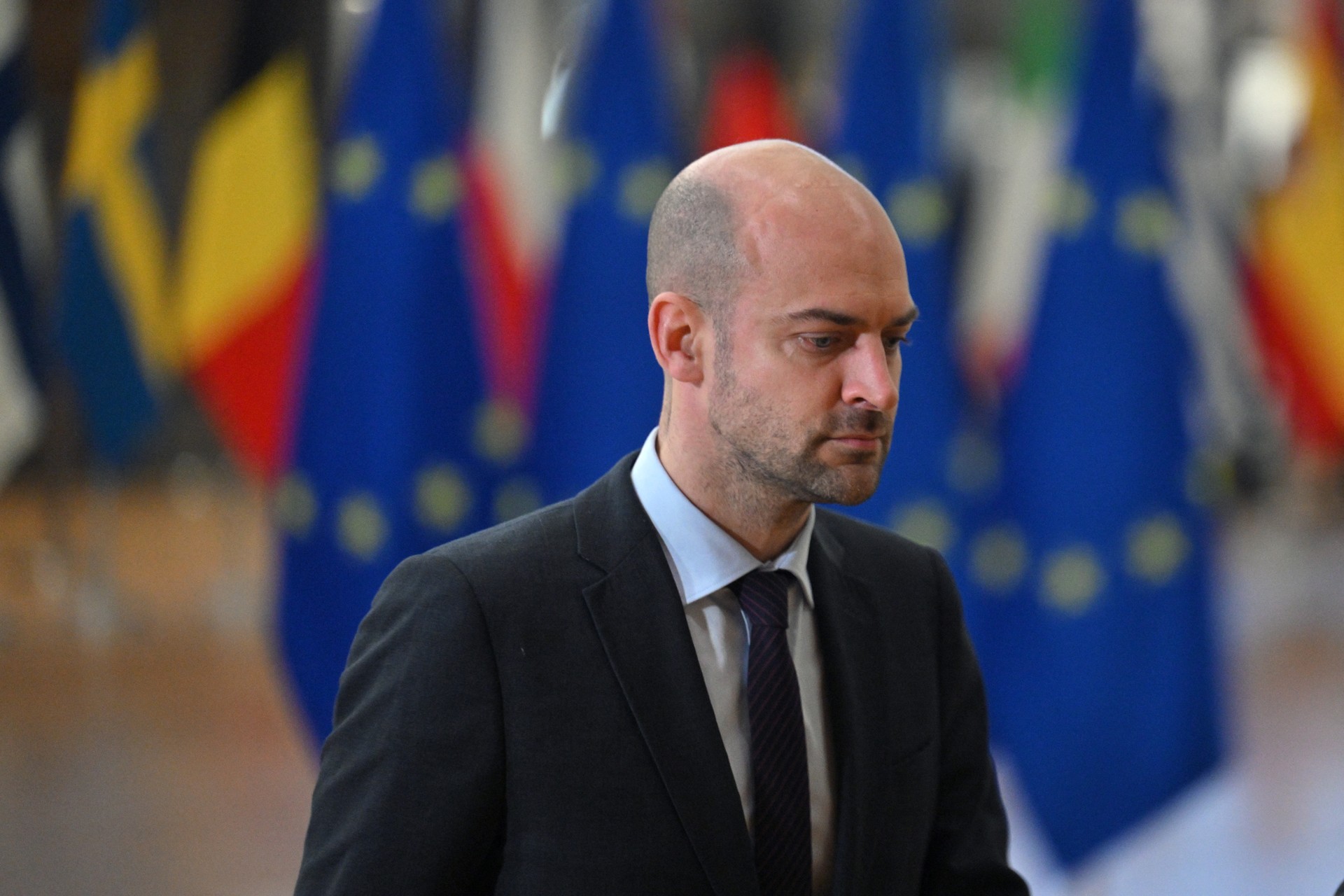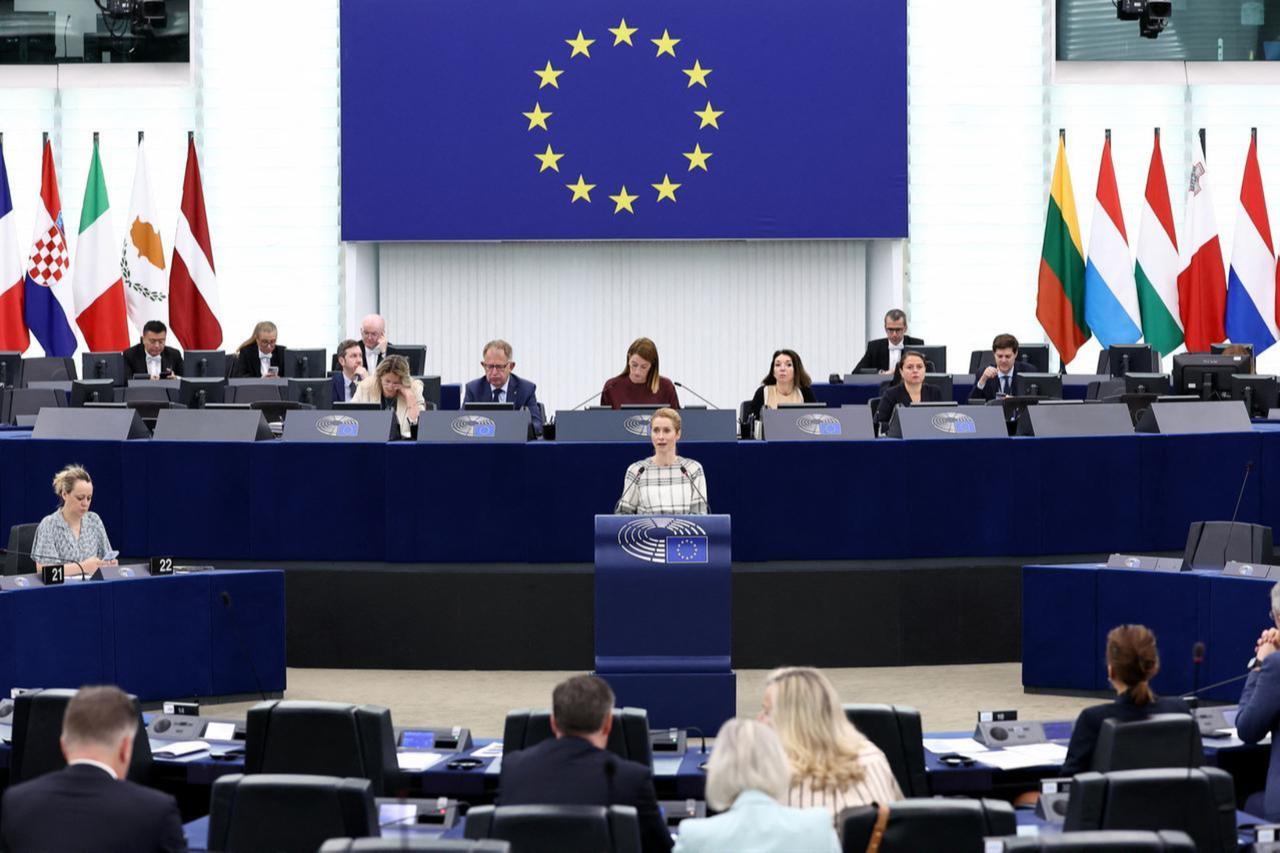
U.S. President Donald Trump said Tuesday he has "learned things" about Russian President Vladimir Putin and the Ukraine conflict that will be revealed in coming days, warning there will be consequences if no meeting between Putin and Ukrainian President Volodymyr Zelenskyy materializes.
Trump's ominous comments come as confusion persists over potential high-level diplomatic talks, with a senior Kremlin adviser saying Monday that Putin and Trump have not reached agreement on the format of meetings with Ukraine's leader.
The president did not specify what consequences might follow if Putin continues to reject direct talks with Zelenskyy, but his warning adds pressure to ongoing diplomatic efforts as a two-week deadline approaches.
Trump issued his latest ultimatum on Aug. 22, giving Putin two weeks to agree to direct talks with Zelenskyy. The deadline's expiration has prompted European Union foreign ministers to call for coordinated U.S.-European action to compel Russian participation in negotiations.

Yuriy Ushakov, the Kremlin's foreign policy adviser, told Russian state television on Monday that recent media reports about trilateral talks do not accurately reflect what Putin and Trump discussed during their Alaska meeting.
"For now, what is being published in the press is not exactly what we agreed upon," Ushakov said. "Now they are talking about a trilateral meeting, about a meeting between Putin and Zelenskyy. But as far as I know, there is no agreement between Putin and Trump on this matter."
The Alaska meeting built upon groundwork established during five visits to Moscow by Trump's special representative Steve Witkoff, with both sides now working on agreements reached during those talks.

French Foreign Minister Jean-Noel Barrot said on Saturday that if Putin continues rejecting high-level meetings after Trump's deadline expires, "then we will need to force it by hardening sanctions—sanctions from the United States, but also European sanctions."
The EU is advancing its 19th sanctions package against Russia, targeting energy and financial sectors, while exploring new tariffs on Russian exports to intensify economic pressure on Moscow's war machine.
Danish Foreign Minister Lars Lokke Rasmussen accused Putin of employing deliberate delay tactics, attempting to "buy time and divert attention from attacks on civilians and infrastructure and, most recently, the EU representation in Kyiv."

Despite the mounting pressure, EU leaders have expressed skepticism about Putin's willingness to participate in meaningful negotiations, with German Chancellor Friedrich Merz calling such a meeting unlikely to occur.
Military leaders from the U.S.-European coalition have begun detailed discussions on post-ceasefire security arrangements for Ukraine, including potential European troop deployments. EU foreign policy chief Kaja Kallas revealed that most member states support training Ukrainian soldiers within Ukraine following any ceasefire agreement.
The diplomatic maneuvering occurs as Russia's invasion of Ukraine approaches its fourth year, with world leaders balancing continued pressure on Moscow against efforts toward a negotiated resolution. Türkiye has emerged as a potential mediator, with officials suggesting Istanbul as a possible venue for high-level meetings between the warring parties.